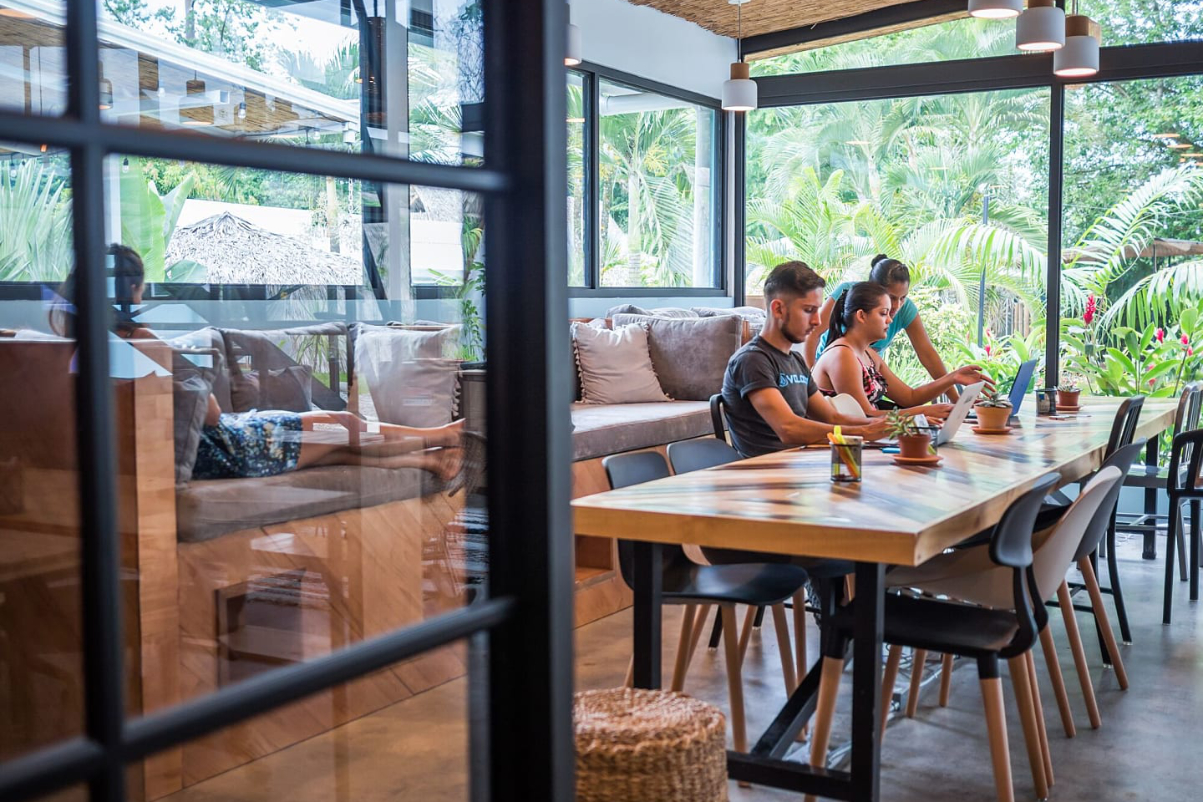Selina's Struggle to Survive: What's Next for the Hotel Brand

Skift Take
Selina, a hotel and experiences brand focused on youth travelers, has to give investors a haircut to receive a capital injection of up to $50 million from Global University Systems (G.U.S). Here are key points in its financial restructuring, which it hopes to finalize within a week or two.
Selina has faced a cash crunch.Selina went public in a SPAC deal in October 2022.
The deal failed to deliver enough capital to help Selina fund its future operations. Investors in the company that proposed merging with Selina sought redemptions for 96% of their money rather than taking shares in Selina. Since then, Selina has remained unprofitable and seen its capital reserves dwindle.
It debuted at $9.75 a share in October 2022. Selina's share price was 17 cents (an all-time low) early Tuesday.
Selina has a potential savior.
